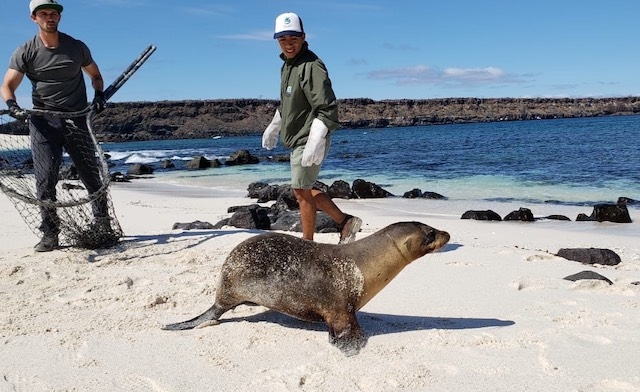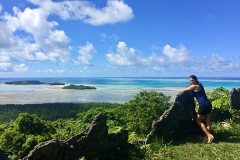From Monterey to Micronesia: CBE Summer Fellows Protect World Oceans
| by Eva Gudbergsdottir
Twelve students in the International Environmental Policy program are participating in fully funded summer internships through the Center for the Blue Economy.


